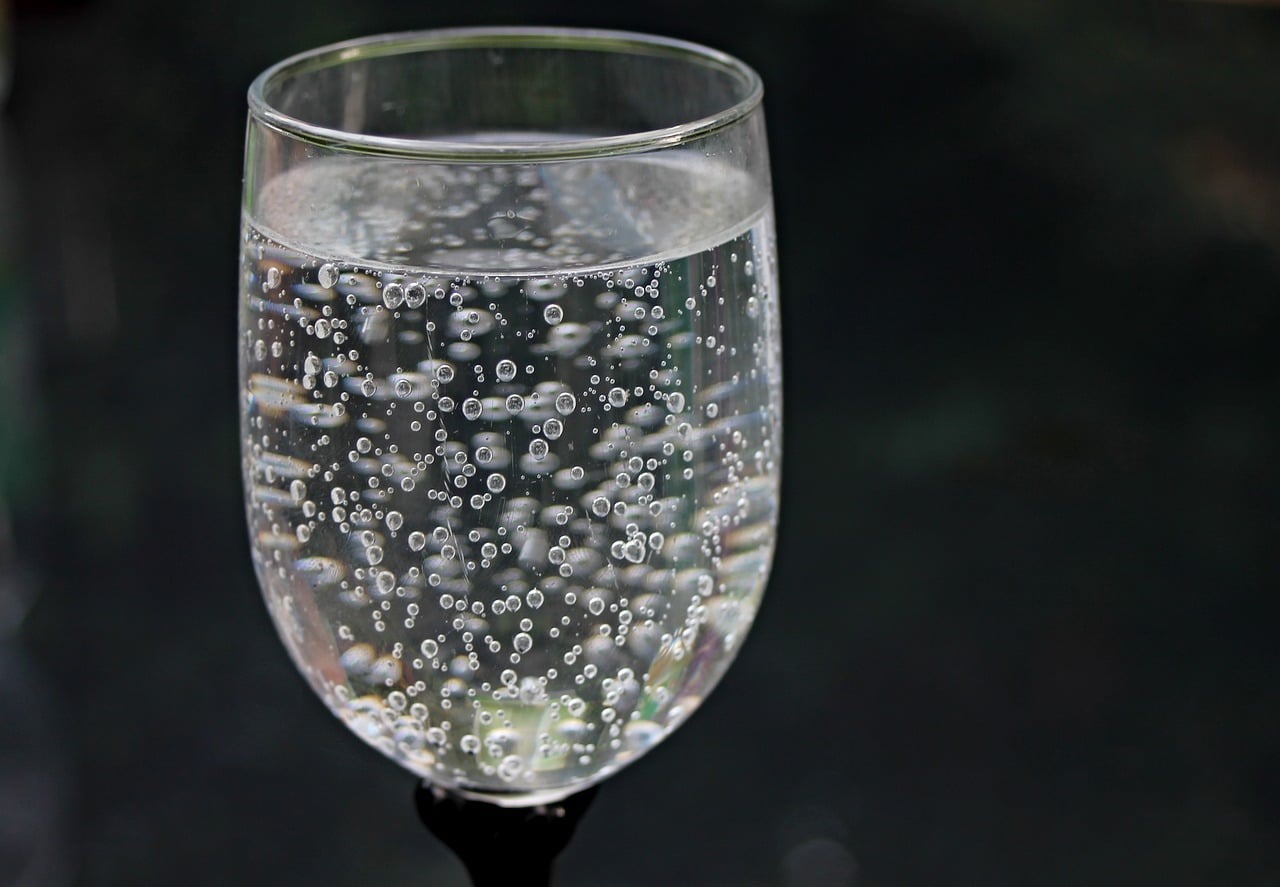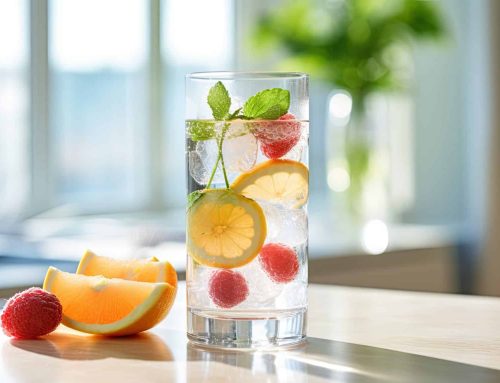If you consider the differences between sparkling and mineral water, it seems to be quite simple. One has added carbonation and one doesn’t. Simple, right? Well, think again.
Water consists out of two elements which are hydrogen and oxygen and while it comes in many different forms, its differences are only noticed when undergoing its carbonation process. Both, however, are healthy beverage choices and served as a refreshing drink in comparison to sugary sodas, caffeine, energy drinks and alcohol.
Sparkling Water vs Mineral Water
Also referred to as seltzer water and more commonly, as soda or tonic water, sparkling water is a natural form of water with added carbonation, or as some say, bubbles. The bubbles occur when carbon dioxide is diffused inside of water. In addition, its minerals are also removed during its carbonation process.
Mineral water contains a similar set of minerals as spring water. It contains roughly 250 different minerals that are dissolved. This amount is active in every million units of bottled water.
The biggest difference between sparkling and mineral water is its content of minerals. While mineral water consists of a couple hundred parts of minerals, sparkling water contains next to none. This is due to its carbonation.
Another fairly big difference between sparkling and mineral water includes its use and popularity in different manners. Sparkling water is served as a healthier option to many beverages and is in addition, a calorie-free beverage. It can be added to nearly any cold beverage, cordial or alcohol, to enhance a refreshing drink. One can also get quite creative with it when creating something new. Mineral water is also considered a healthier option, but in comparison to mineral water, cannot be mixed with other beverages or alcohol.
While both are enjoyed daily, sparkling is consumed in more entertainment-like settings, while mineral water is enjoyed with a meal or as a healthy option throughout the day.
Get water coolers and water cooler prices from Living-Water in London.






